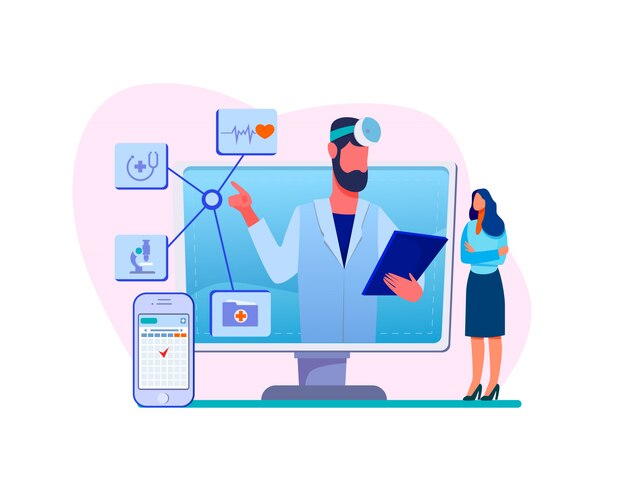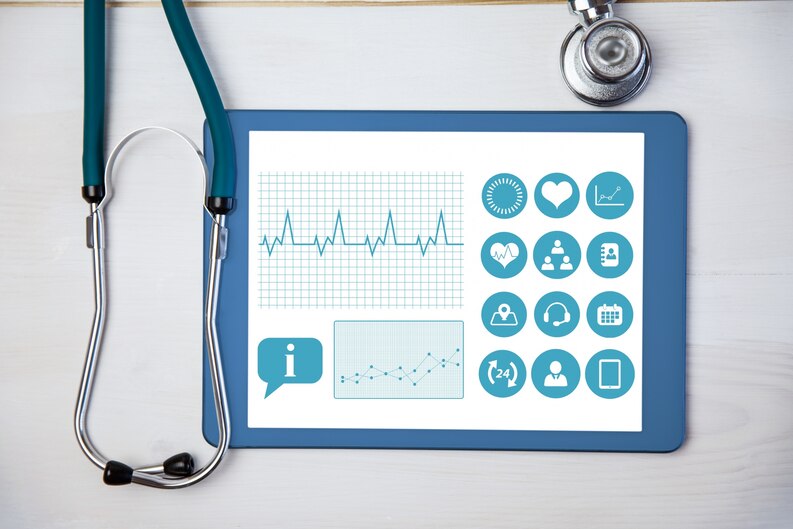Precision healthcare is a new and rapidly evolving field of medicine that uses genetic, environmental, and lifestyle data to tailor treatments to individual patients. It is still in its early stages of development, but it has the potential to revolutionize the way we diagnose and treat diseases.
Precision healthcare is based on the idea that each person is unique, and that there is no one-size-fits-all approach to medicine. By understanding the genetic and other factors that contribute to individual disease risk and response to treatment, precision healthcare can help us to develop more effective and personalized treatments for patients.
In this blog post, we will explore the science behind precision healthcare and discuss how it is being used to treat and prevent diseases. We will also discuss the future of precision healthcare and what it means for you.
What is Precision Healthcare?

At its core, precision healthcare is a cutting-edge approach that leverages an individual’s genetic, environmental, and lifestyle factors to customize medical treatment. It’s about recognizing that no two patients are alike and that healthcare should reflect this diversity.
By harnessing advanced technologies like genomics, data analytics, and artificial intelligence, precision healthcare tailors interventions to the specific needs of each patient.
Why is Precision Healthcare Important?
1. Personalized Treatment
Precision healthcare acknowledges that our genetic makeup can influence treatment responses. By understanding these variations, medical professionals can prescribe therapies that are more likely to be effective for each patient.
2. Disease Prevention

It’s not just about treating diseases; it’s also about preventing them. Precision healthcare allows for earlier detection of risk factors, enabling proactive measures to mitigate potential health issues.
3. Reduced Side Effects
Tailored treatments can minimize the side effects and complications often associated with one-size-fits-all approaches. Patients can receive therapies that are more gentle on their bodies.
4. Improved Outcomes
Ultimately, precision healthcare aims for better patient outcomes. By targeting treatments to the root causes of diseases, it can lead to more successful recoveries and improved quality of life.
How Does Precision Healthcare Differ from Traditional Medicine?

1. Individualized vs. Generalized
Traditional medicine typically relies on standardized treatment protocols that may not consider individual variations. Precision healthcare customizes treatments based on each patient’s unique profile.
2. Prevention vs. Reaction
While traditional medicine often addresses health issues as they arise, precision healthcare prioritizes prevention, aiming to identify risks and intervene before diseases develop or worsen.
3. Data-Driven vs. Empirical
Precision healthcare heavily relies on data, including genetic information and patient histories, to inform treatment decisions. Traditional medicine often relies on empirical evidence and clinical experience.
4. Collaboration vs. Hierarchy
Precision healthcare promotes collaboration among healthcare providers, genetic counselors, and patients themselves, fostering a more patient-centric approach. Traditional medicine may sometimes follow a more hierarchical model.
Benefits and Challenges of Precision Healthcare
Benefits:
- Personal Empowerment: Patients become active participants in their healthcare decisions.
- Optimized Treatments: Tailored therapies can lead to better outcomes and fewer side effects.
- Disease Prevention: Early detection and intervention can prevent the development of diseases.
Challenges:
- Data Privacy: Handling sensitive genetic and health data raises concerns about privacy and security.
- Cost: High-tech approaches can be expensive, limiting access for some patients.
- Data Interpretation: Interpreting genetic data accurately and effectively remains a challenge.
- Regulation: Striking a balance between innovation and regulation is crucial to ensure safety and efficacy.
The Road Ahead
Precision healthcare is not a distant dream; it’s a reality that’s reshaping the future of medicine. As research advances and technology evolves, we can expect precision healthcare to become more accessible and integrated into mainstream medical practice. The road ahead may have its twists and turns, but the destination is clear—a healthcare system that truly puts patients at the center, providing personalized care that improves lives and well-being.
As we navigate this frontier of medicine, let’s embrace the potential of precision healthcare to transform the way we approach health and healing. It’s a journey that promises to be as unique as each individual it serves, leading us toward a healthier, more tailored tomorrow.




